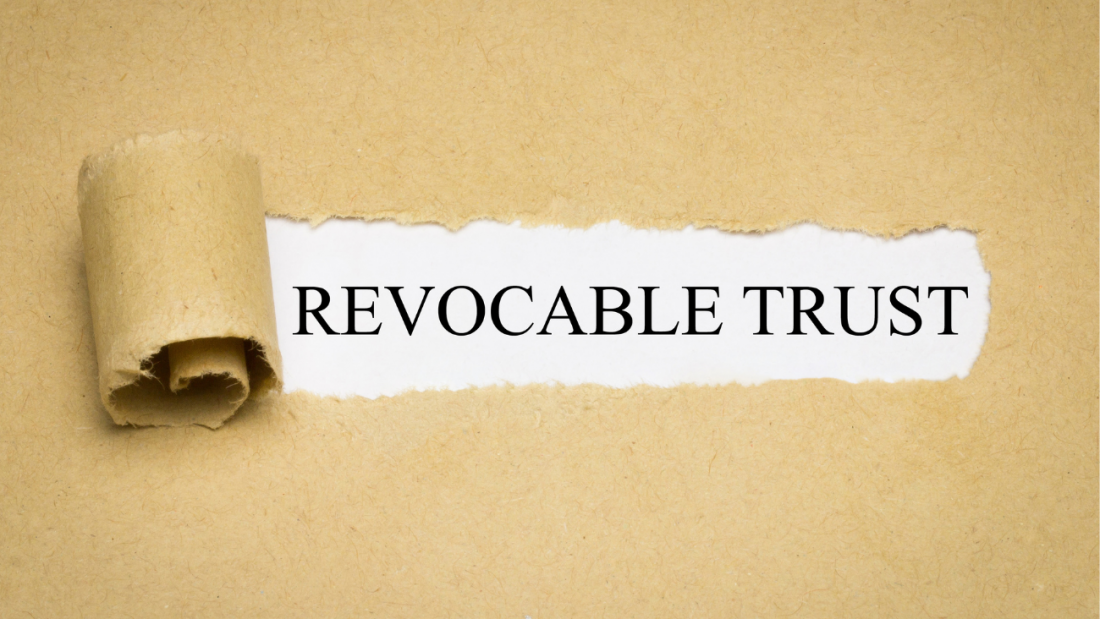As a grandparent, you’ve probably spent countless hours doting on your grandchildren, showering them with love, and creating precious memories. But have you considered how you can continue to support and protect them long after you’re gone? As a San Fernando Valley estate planning lawyer, I’ve seen firsthand how grandparents can play a crucial role in securing their grandchildren’s financial future. Let’s explore some powerful strategies you can use to leave a lasting legacy.
The Grandparent’s Dilemma: Love vs. Long-Term Planning
Picture this: You’re at your grandchild’s birthday party, watching them blow out the candles on their cake. As you hand them yet another gift, a thought crosses your mind – “How can I make sure I’m still helping them when I’m no longer here?” It’s a common concern, but one that many grandparents struggle to address.
The good news? You don’t have to choose between showering your grandkids with love today and securing their tomorrow. With the right estate planning strategies, you can do both.
Your Estate Planning Toolkit: Options for Grandparents
As a San Fernando Valley estate planning lawyer, I’ve helped many grandparents navigate this journey. Here are some powerful tools you can use to protect your grandchildren’s future:
1. 529 College Savings Plans: These tax-advantaged investment accounts are specifically designed for education expenses. By contributing to a 529 plan, you can help ease the burden of college tuition for your grandchildren.
2. Trusts: Setting up a trust allows you to specify how and when your assets are distributed to your grandchildren. This can be particularly useful if you want to ensure the funds are used responsibly or if you have concerns about your grandchild’s money management skills.
3. Life Insurance: A life insurance policy can provide your children with a financial safety net.
4. Direct Gifts: You can make annual tax-free gifts up to a certain amount (currently $18,000 per person in 2024) to each grandchild.
The Power of 529 Plans: A Closer Look
Let’s zoom in on 529 plans for a moment. These plans offer a unique combination of tax benefits and flexibility that make them particularly attractive for grandparents:
- Tax-free growth: The money in the account grows tax-free as long as it’s used for qualified education expenses.
- Potential state tax deductions: Depending on your state, you may be able to deduct contributions from your state income taxes.
- Flexibility: If one grandchild doesn’t need all the funds, you can change the beneficiary to another family member.
Trusts: Tailored Protection for Your Grandchildren
While 529 plans are great for education expenses, trusts offer broader protection and control. As a San Fernando Valley estate planning lawyer, I’ve helped grandparents set up various types of trusts, including:
- Testamentary Trusts: Created through your will, these trusts come into effect after you pass away.
- Living Trusts: These are created and funded while you’re alive, offering more immediate benefits and potentially avoiding probate.
- Spendthrift Trusts: These can protect assets from creditors and provide guidelines for how the money is spent.
Taking Action: Your Next Steps
Ready to start protecting your grandchildren’s future? Here’s what you can do:
- Assess your financial situation: Determine how much you can comfortably set aside for your grandchildren without jeopardizing your own retirement.
- Talk to your adult children: Discuss your plans to ensure they align with your children’s own financial strategies for their kids.
- Consult with professionals: Work with both a financial advisor and a San Fernando Valley estate planning lawyer to create a comprehensive plan.
- Review and update regularly: As your grandchildren grow and circumstances change, make sure your plan still reflects your wishes.
Remember, estate planning isn’t just about distributing assets – it’s about creating a lasting legacy of love and support for your family. By taking these steps, you’re not just planning for your grandchildren’s financial future; you’re also teaching them valuable lessons about foresight, responsibility, and family values.
If you’re ready to start this journey, we’re here to help. Contact us at 818-334-2805 to schedule a consultation with a San Fernando Valley estate planning lawyer. We’ll work with you to create a plan that protects your grandchildren’s future and honors your wishes. Your grandchildren’s tomorrow starts with the plans you make today!










